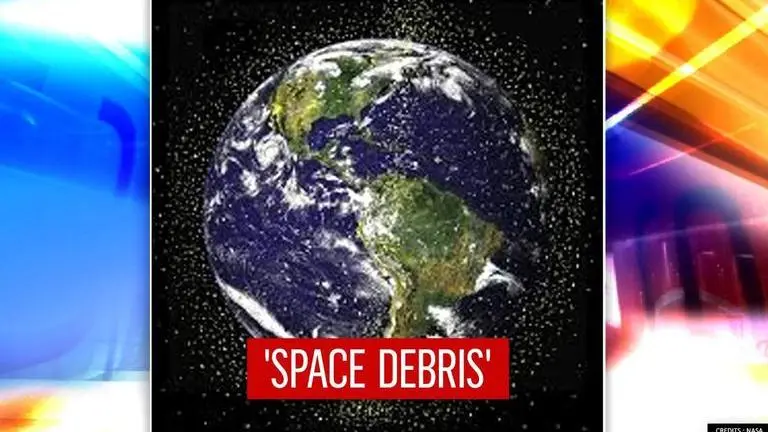Updated 27 February 2021 at 10:12 IST
Australian skies light up with space debris by Chinese rocket launched in 2019 | Watch
Skies above Queensland, Australia lit up with flashing lights, on February 25, as debris from a Chinese rocket flew past the Australian state.
- World News
- 2 min read

Skies above Queensland lit up with flashing lights, on February 25, as debris from a Chinese rocket flew past the Australian state. The unusual sight prompted social media users to share pictures and videos of the space debris burning up as it re-entered the Earth's atmosphere. Experts have opined that space debris poses threat to satellites orbiting the planet, therefore, it is better to burn them up in the earth’s atmosphere itself.
National Aeronautics and Space Agency (NASA) reported that there were nearly 15,214 catalogued pieces of space debris in orbit around the Earth as of November 2020. However, in case, any of it falls back to earth, it is burned and consumed by the lower atmospheric layer, leaving zilch to crash on the planet’s surface.
Speaking about the sight to the Associated Press, Professor Jonti Horner, an astronomer and astrobiologist at the University of Southern Queensland, explained that the bright light was a piece of a rocket that launched a Chinese satellite in 2019. "The Chinese launched a GPS satellite called Beidou-3I3 back on 4th November 2019. The piece of the rocket has been tracked as a bit of space debris since - and people quickly linked it to the debris seen above Queensland. It's most likely that the rocket was entirely destroyed on re-entry, and nothing would have made it to the Earth's surface," he explained.
Advertisement
What is space debris?
As per NASA, most orbital debris comprises human-generated objects, such as pieces of spacecraft, tiny flecks of paint from a spacecraft, parts of rockets, satellites that are no longer working, or explosions of objects in orbit flying around in space at high speeds. Space junk is no one countries’ responsibility, but the responsibility of every spacefaring country. The problem of managing space debris is both an international challenge and an opportunity to preserve the space environment for future space exploration missions.
Advertisement
Published By : Riya Baibhawi
Published On: 27 February 2021 at 10:11 IST
